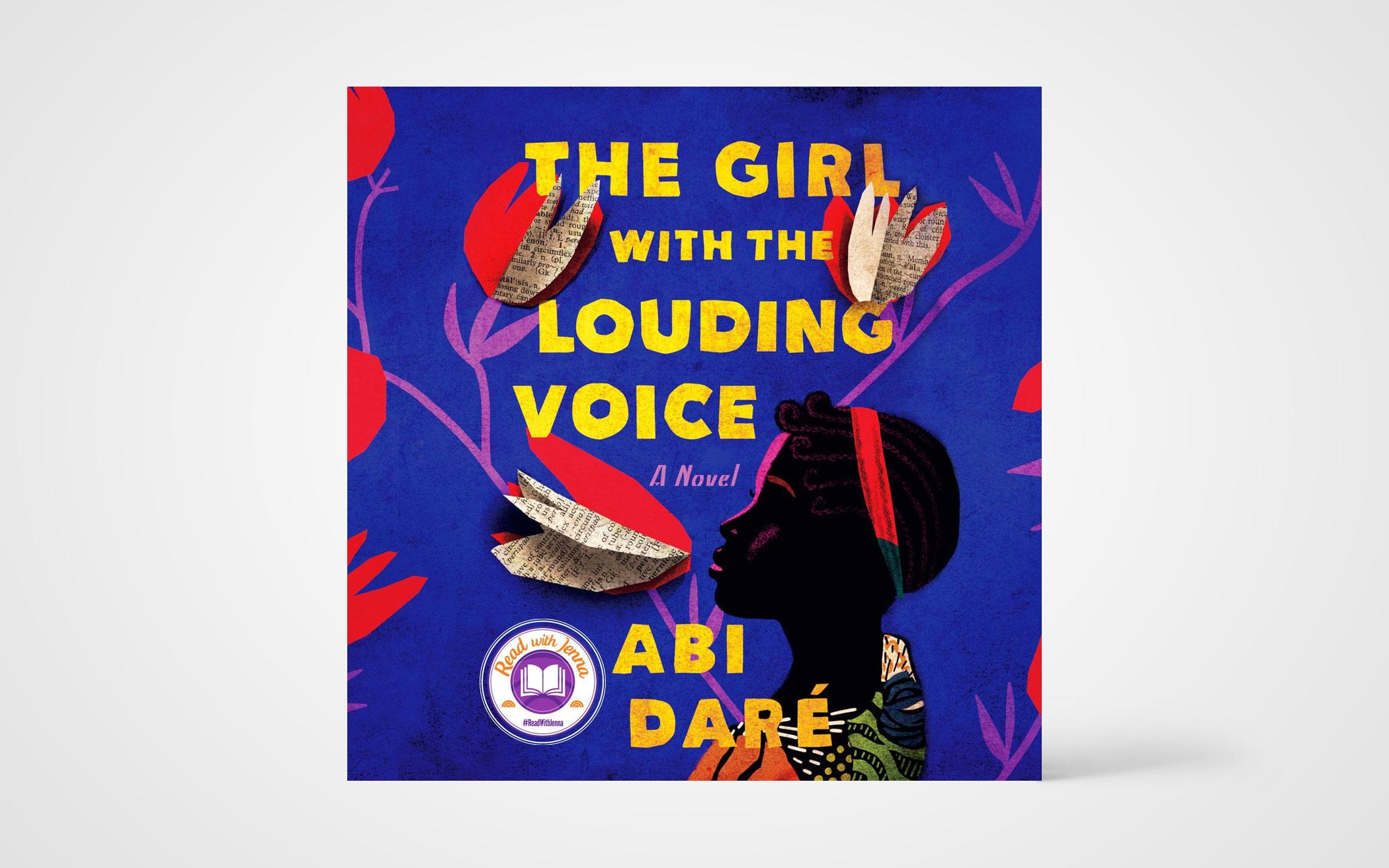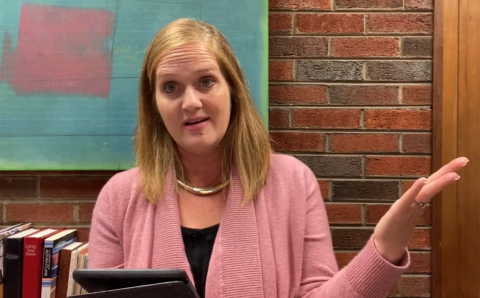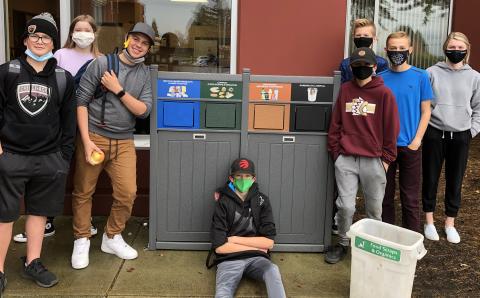“That day, I pick up my sorrow and lock it in my heart so that I can be strong and care for Kayus and Papa. But sometimes, like today, the sorrow climb out of my heart and stick his tongue in my face.” —Adunni
The Girl with the Louding Voice was a New York Times bestseller and a Read with Jenna Today Show Book Club pick. It is the contemporary story of a young Nigerian girl named Adunni. The story is told from Adunni’s perspective. It is a story of sorrow, poverty, betrayal, cruelty, and violence. Yet it is also a story about the power of what I call a “nevertheless hope.” Nevertheless hope is the hope you hang onto when it makes no sense to hope. Nevertheless hope is grounded in the belief of something bigger than yourself. Nevertheless hope is when you are knocked down 100 times and still find a way to get up the 101st time because better has to be on the way.
The book picks up Adunni’s story when she is 14 years old. She is living in rural Nigeria with her father and brothers in poverty. Her mother has died, and the responsibility to cook, clean, and manage the household has fallen to her. When her mother was living, she made sure Adunni went to school. Since her mother’s death, there has been no money for school. There is barely enough money for food, and eviction from their home is imminent. Adunni longs to return to school so she can be a teacher. She wants to be a girl with her own money, a job, speaking “good English,” and possessing a “louding voice.” One day her father calls her to his side and tells her that she must marry so that the family will be paid the bride price for her. The bride price will save the family home and put food on the table. She is only 14, but marrying at 14 is the norm. What unfolds is a glimpse into the grim reality of too many young, rural Nigerian girls.
I would recommend this book for mature readers. The story is brilliantly written. The narration by Adjoa Andoh is, at first, a little hard to follow because Adunni’s English is broken and Adjoa employs a strong Nigerian accent. After the first or second (of 56) chapters, my ears got used to the accent, and my appreciation of Adjoa’s narration skills grew with each chapter. Adjoa’s narration fully engages the reader’s emotions. I found myself holding my breath, fearing the worst, hoping for the best, but wondering what was in store for Adunni’s future. Though about a young girl, I would not recommend this book for young readers. Apart from brief cursing, there are several scenes of non-consensual sexual intercourse. These scenes are graphic. (12 hours, 6 minutes, Penguin Audio)
About the Author
Michelle Loyd-Paige is the executive associate to the president for diversity and inclusion at Calvin University, a member of Maple Avenue Ministries, and the founder of Preach Sista! (preachsista.org).








